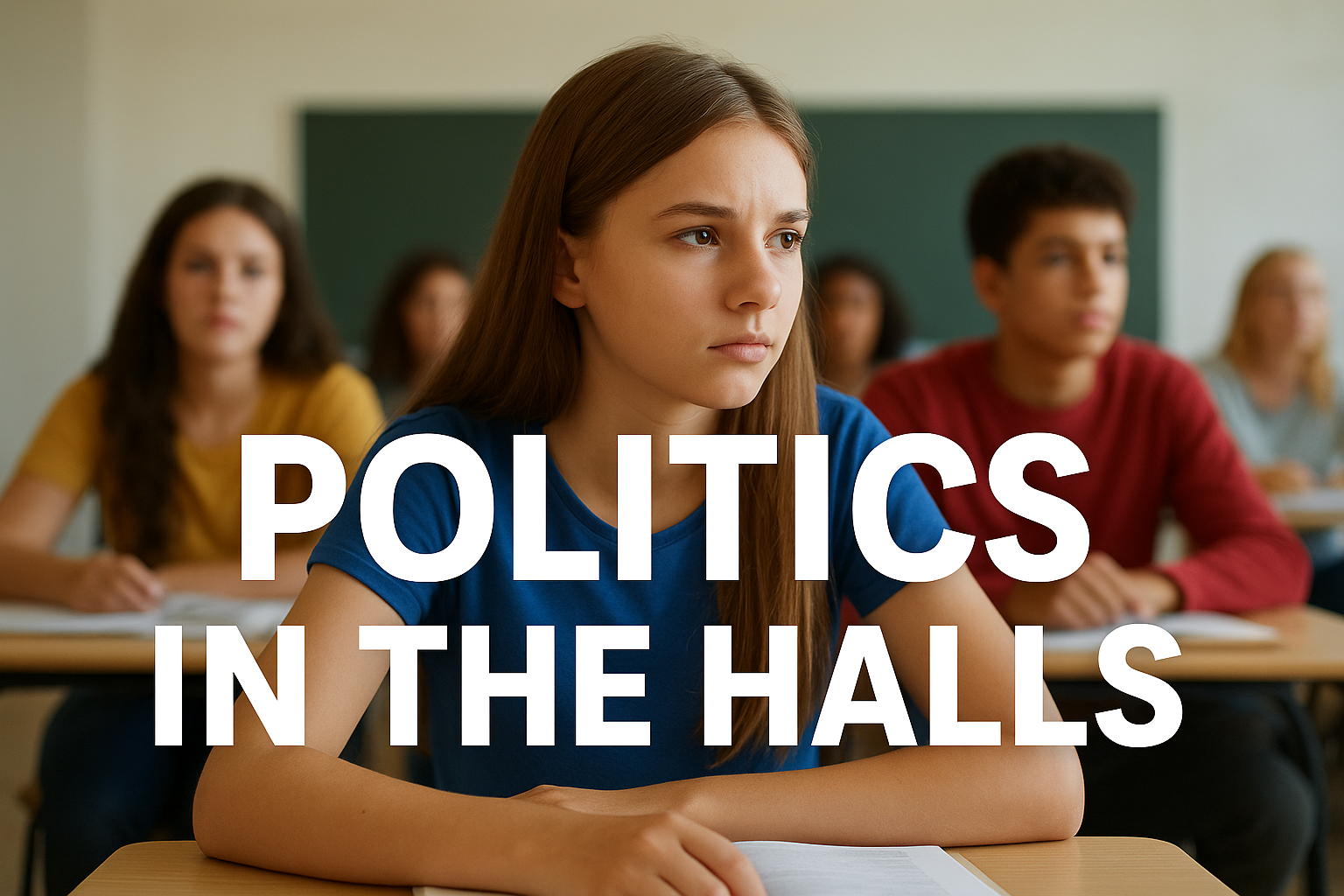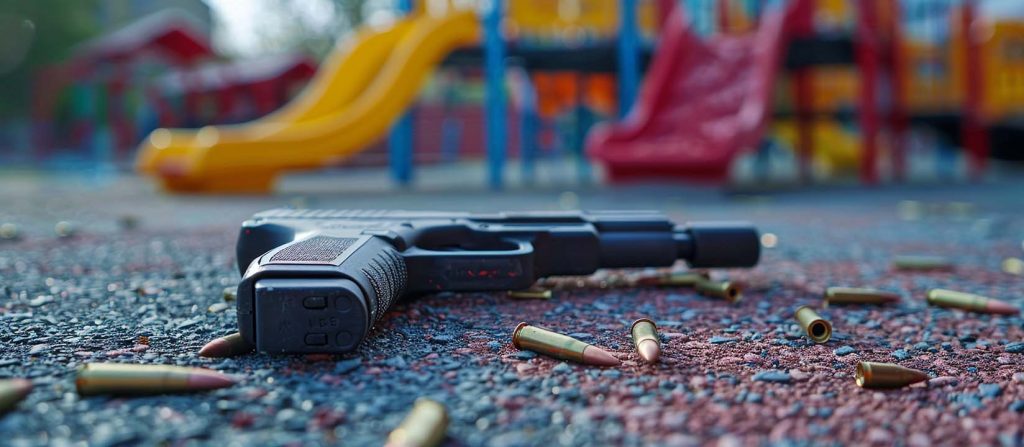

Addressing the School-to-Prison Pipeline: Administrators Must Step Up and Handle Classroom Conflicts
The school-to-prison pipeline remains a pressing concern in education, with the over-reliance on School Resource Officers (SROs) exacerbating the issue. While SROs can play a crucial role in maintaining school safety, their involvement in minor (and even major) disciplinary issues often leads to negative interactions with students, perpetuating a cycle of harsh consequences and adverse outcomes. To break this cycle, administrators must take responsibility and implement proactive strategies that prioritize de-escalation and restorative practices over punitive measures. Students still need to be held accountable for their behaviors. They may be suspended, expelled, or issued other appropriate consequences from the school; however, they are not subjected to SRO interactions.
One of the main challenges contributing to the school-to-prison pipeline is the tendency of schools to involve SROs in situations that do not involve any criminal behavior. While students may violate school rules or behavior codes, it is vital to differentiate between misconduct within the school environment and actual law-breaking. In cases where there is no legal infraction, administrators must step up and handle the matter without involving law enforcement.
To better manage such situations, administrators must adopt a proactive and logical approach that does not involve the SRO. For instance, when a teacher reports a potential problem with a student, rather than allowing the teacher to address the administrator in front of the class about the incident, the administrator should instruct the teacher to continue with the lesson while he or she (the administrator) addresses the student privately. By avoiding public confrontation and attention, this approach minimizes the chances of escalation and maintains a conducive learning environment for other students. In addition, it does not involve the SRO.
Example: Avoiding Escalation in a Classroom Conflict
In a high school classroom, an incident unfolds where a student, Mike, creates a serious disruption by refusing to follow the teacher’s instructions and engaging in highly disruptive behavior. Concerned about the severity of the situation, the teacher, Ms. Parker, calls for assistance, and the school administrator, Mr. Adams, promptly arrives with the SRO, Officer Rodriguez.
Upon entering the classroom, Mr. Adams observes the tense atmosphere and realizes the potential consequences of allowing the situation to escalate further. Recognizing that involving the SRO in non-criminal disciplinary matters can lead to negative outcomes, he quickly decides on a different approach. First, he thanks the SRO and informs him that he is not needed. Mr. Adams instructs Ms. Parker to continue with her instruction while he addresses Mike privately. He does not give the teacher or the student the opportunity to discuss anything in front of the class.
Recognizing the severity of Mike’s behavior infractions, Mr. Adams addresses the situation and outlines the consequences for his disruptive actions. Of course, Mr. Adams uses a restorative and therapeutic approach, but does not excuse or otherwise overlook the behaviors. If there is a discrepancy in the facts of the incident (Mike says he has done nothing wrong), appropriate arrangements are made to address the incident further with the teacher.
In this example, Mr. Adams’ proactive intervention prevents the situation from spiraling out of control and avoids the unnecessary involvement of law enforcement. While Mike may still face appropriate disciplinary measures, the incident does not lead to a negative interaction with the SRO, which could have serious consequences for Mike’s future.
By handling the situation without resorting to immediate police involvement, Mr. Adams demonstrates how administrators can play a vital role in reducing the school-to-prison pipeline. Administrators can and must address disciplinary issues effectively while fostering a supportive and nurturing educational environments for all students. Administrators can not pass of these responsibilities to law enforcement. It is not their role.
At the recent School Safety Conference in Las Vegas, NV, I delivered a session on this topic. Let me know if I can be of any assistance to your school/system or department in providing support administrators and/or SRO’s in helping to eliminate this problem.
Dig Deeper With Our Longreads
Newsletter Sign up to get our best longform features, investigations, and thought-provoking essays, in your inbox every Sunday.
The MEN was founded by John Huber in the fall of 2020. It was founded to provide a platform for expert opinion and commentary on current issues that directly or indirectly affect education. All opinions are valued and accepted providing they are expressed in a professional manner. The Maryland Education Network consists of Blogs, Videos, and other interaction among the K-12 community.









